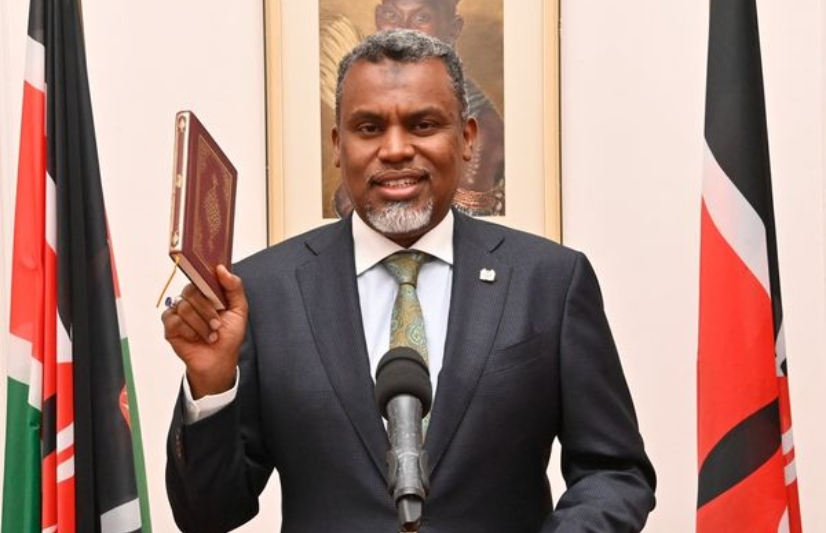NIS reaching out to public commendable

National intelligence agencies globally primarily focus on protecting national security by identifying and mitigating threats, gathering and analysing intelligence and advising policymakers, with structures and roles varying by country.
Article 242 of the Constitution established the National Intelligence Service (NIS), responsible for security intelligence and counter-intelligence to enhance national security, and performs other functions prescribed by national legislation.
NIS is concerned with detecting and identifying any potential threat to Kenya. In addition, the spy agency is mandated to advise the President and government of any security threats, taking steps to protect the security interests of Kenya whether political, military or economic.
After the colonial government established a ‘Special Branch’ in the police force to gather intelligence on political matters, Kenya’s intelligence service developed a reputation for oppression.
It was only when the National Security Intelligence Service Act was passed in 1998 that it began to institute democratic principles and to upgrade its staff and codes of conduct. Despite continuing challenges, the NIS now has the capacity to address internal and external security challenges and the flexibility to adapt as required.
Pre-colonial African communities developed a credible intelligence system with which to live cooperatively with their neighbours and protect themselves from incursion or attack. Spies operated under the guise of artisans, actors, beggars and herdsmen, gathering information on their opponents’ weapons, warriors and security.
However, challenges for the NIS include lack of trust from Kenyan citizens, making them reluctant to provide information to the agency.
The colonial system did not destroy existing networks, but used them to build a new intelligence system. The colonial government initially gathered information from tourists, missionaries and traders, but after 1895 gathered information at the local level through commissioners and retainers, including from African allies and collaborators. From 1906, intelligence reports were submitted to the Commissioner of the East Africa Protectorate.
World over, spy masters use various sources of intelligence to gather information that they then share with security agencies for action.
Over the years, NIS has operated in a covert manner. In the recent past, NIS under Noordin Haji as director general has been in the limelight for bad reasons, including participating in abductions and forceful disappearances.
However, Haji seems to be changing the normal operations of the agency. For the first time in independent Kenya, NIS organised a public lecture on Kenya’s evolving national security landscape, marking a watershed moment in the relationship between NIS, citizens, and the media.
While intelligence has long operated in the shadows, Haji acknowledged the need for a new era of transparency and engagement in the information age, charging that in a democratic state, silence must never be mistaken for impunity.
The inaugural public lecture by Haji was held at the National Intelligence and Research University, a premier institution dedicated to advancing national security knowledge, policy, and practice through research, education, and innovation.
The event aimed to foster a whole-of-society approach to national security by opening up Kenya’s intelligence discourse to broader public engagement. It brought together a diverse audience including members of the media, academia, corporate sector, faith-based groups, civil society, and non-governmental organisations – all united by a shared interest in building a secure, informed, and cohesive nation.
In countries that have involved citizens in matters of security, terrorism and other transnational crimes have been averted. China, for example, has invested heavily in security systems and intelligence gathering, making it one of the safest countries in the world.
The national security of China is the coordination of a variety of organisations, including law enforcement, military, paramilitary, governmental, and intelligence agencies.
Engaging the public in matters of security is commendable. Citizens should start seeing security agencies as friends and not as punishers. In this way, intelligence gathering will bear the much needed fruits to keep the country safe, and not just from external aggression
The writer is the Chairman of the Political Journalists Association of Kenya (PJAK)












